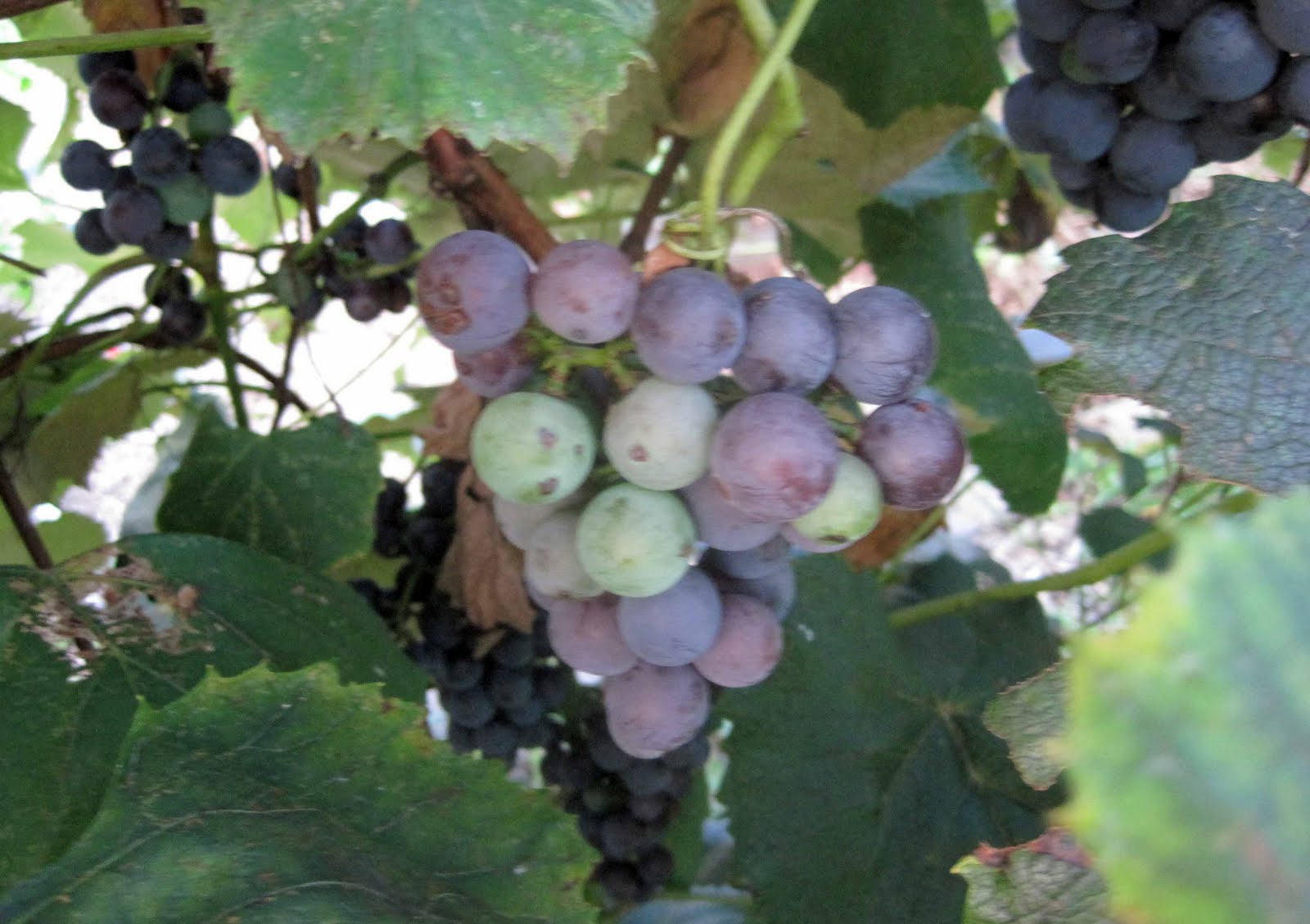 MayDreamsGardens, IN — Researchers at the Institute for Gardenetics Research and Other Work (iGROW) recently found that entwined along the strands of the DNA of gardeners were tiny little leaves, the presence of which provided sufficient evidence to support the theory that gardeners are born not made.
MayDreamsGardens, IN — Researchers at the Institute for Gardenetics Research and Other Work (iGROW) recently found that entwined along the strands of the DNA of gardeners were tiny little leaves, the presence of which provided sufficient evidence to support the theory that gardeners are born not made.
They further noted that if this characteristic was found in a person’s DNA, he or she was compelled to be a gardener. If it didn’t exist, then the individuals without it would never be happy with their hands in the dirt, though they might enjoy having flowers around them as long as someone else was growing them.
Many people inherently knew gardeners were different and often spoke of this “gardening gene” as a mythical piece of genetic coding and thus were not surprised to learn that it actually does exist.
However, rumors that there is a fixed quantity of these gardening genes and that some people have more than their fair share was shown to be simply not true. According to researchers, each person has an equal chance of inheriting some amount of these gardening genes, but within a family, the genes can be quite dominate in one sibling, but not present at all in other siblings.
Researchers also discovered that when people congregated at parties or other events, it did not take long for the gardeners of the group to discover one another and begin talking about plants, soil, insects, and other topics related to “gardening”. This attraction of gardeners to one another was named hortotropism. Most gardeners also exhibited a willingness to share information about gardening with anyone who would listen, and often took that sharing to a more physical level by exchanging seeds and cuttings with one another.
Though further research is needed to truly understand these tiny leaves on the strands of the gardeners’ DNA, the implication that gardeners are born not made should enrich the gardening world like compost on a flower bed.
(Source: Bureau of Made Up Information)


I hope it's not true that gardeners are born, not made. That way everyone can become a gardener, given the proper encouragement and opportunity. However, the anecdotal evidence does support your assertion. And there is ample evidence for hortoropism.
It would explain why I feel down in the fall…I'm losing chlorophyll.
Scary to think of what my DNA looks like, Carol! I hope no one ever gets to see it up close.
This really does explain a lot Carol. Still we have to consider Nature vs. Nurture and not give up so easily on those born w/o the tiny strands of leaves in their DNA. tee hee
I believe that the Bureau is quite right. You can't deny the gene.
I always knew we were different. I hope I passed those tiny leaves to my children. 🙂 ~~Dee
Come to think of it, why gardeners keep coming back, toying with dirt and worms, and get back home with a few beans… Hmmm, genetic element could just be true…
~bangchik
I believe in both nature and nurture. My mother passed on the plant lust gene to quite a few of us (I have 7 brothers and sisters), but only two of us go beyond acquiring plants to planting and maintaining a garden. We didn't get the latter from Mom or Dad.
Deirdre
I hope my gardening genes have big pockets in them, in which to stow my secateurs between snips!
Hoo boy, Carol, that was a good one. I can picture the little leaves in the peculiar helix? shaped thing vining up the ladder of DNA. Like MMD, I do believe everyone might have latent leaves in their makeup that just needs the right nudge to blossom. 🙂
Frances
I feel my leaves unfurling with the advent of fall …
LOL, That last line is a classic, or if I were still grading papers, I would say it's a very creative simile:)
I'm sure my DNA has some little leaves on it, and a little red ink still flows through my veins:)